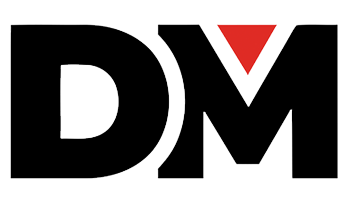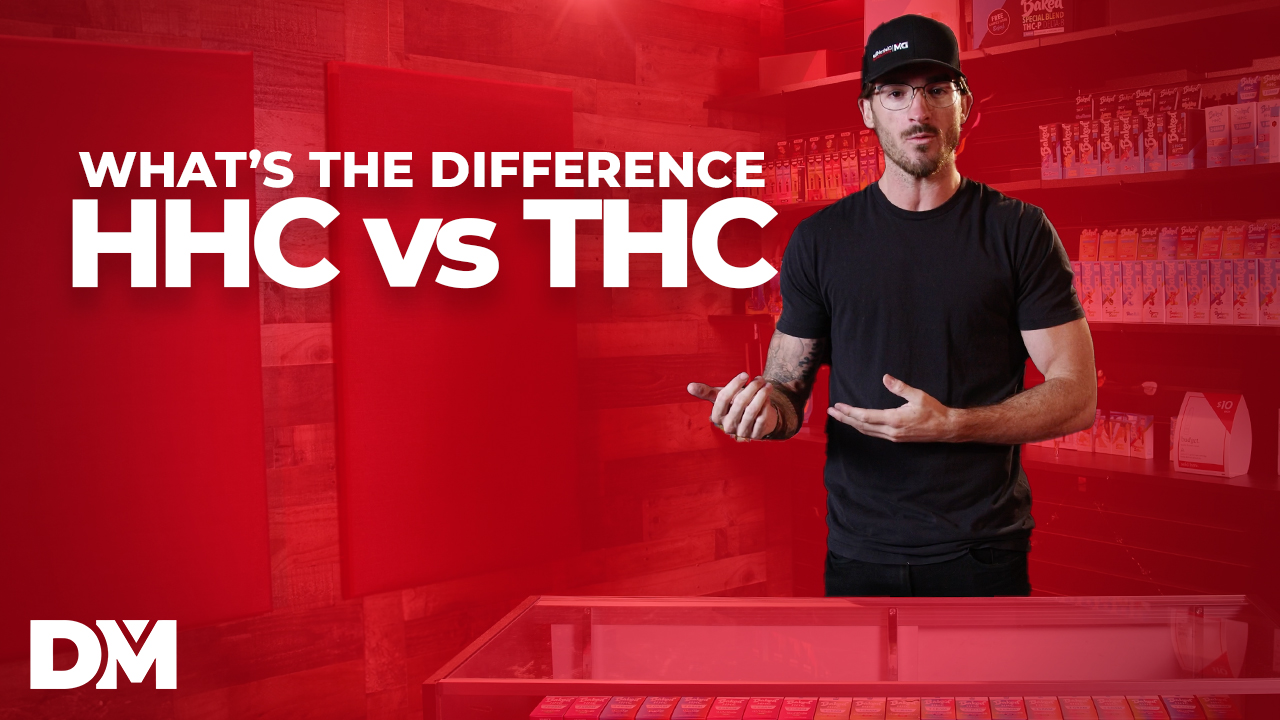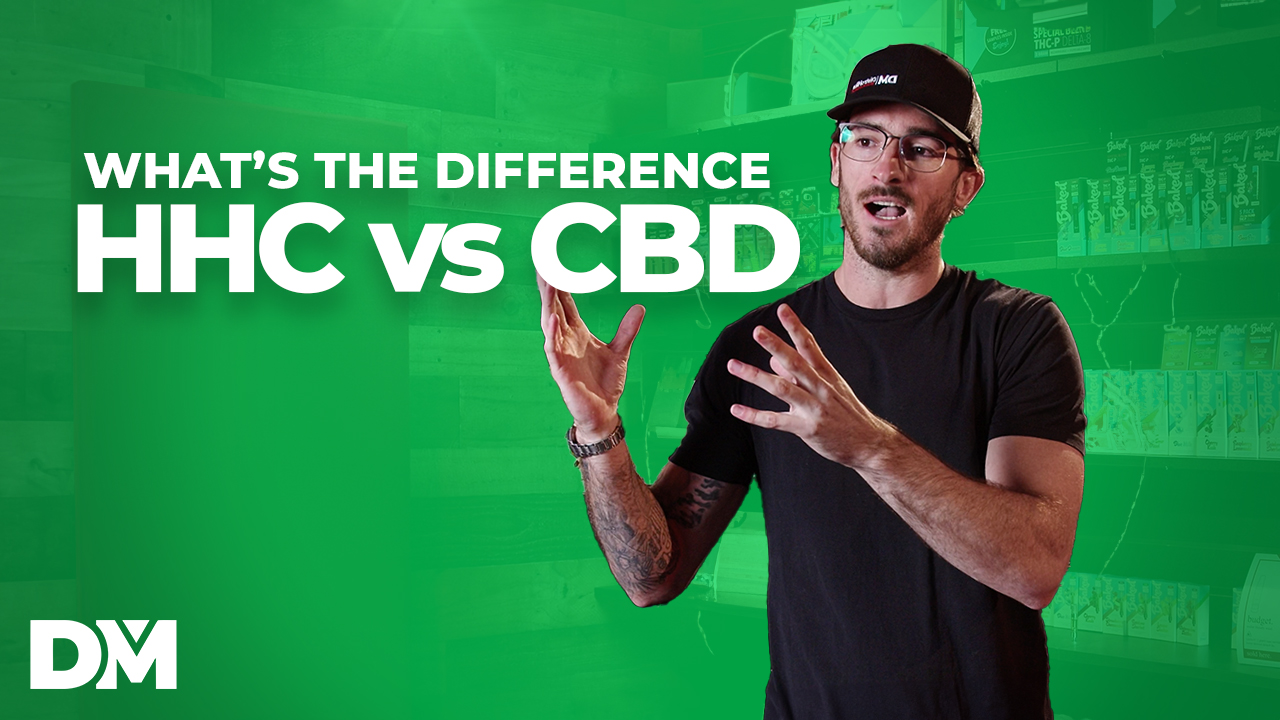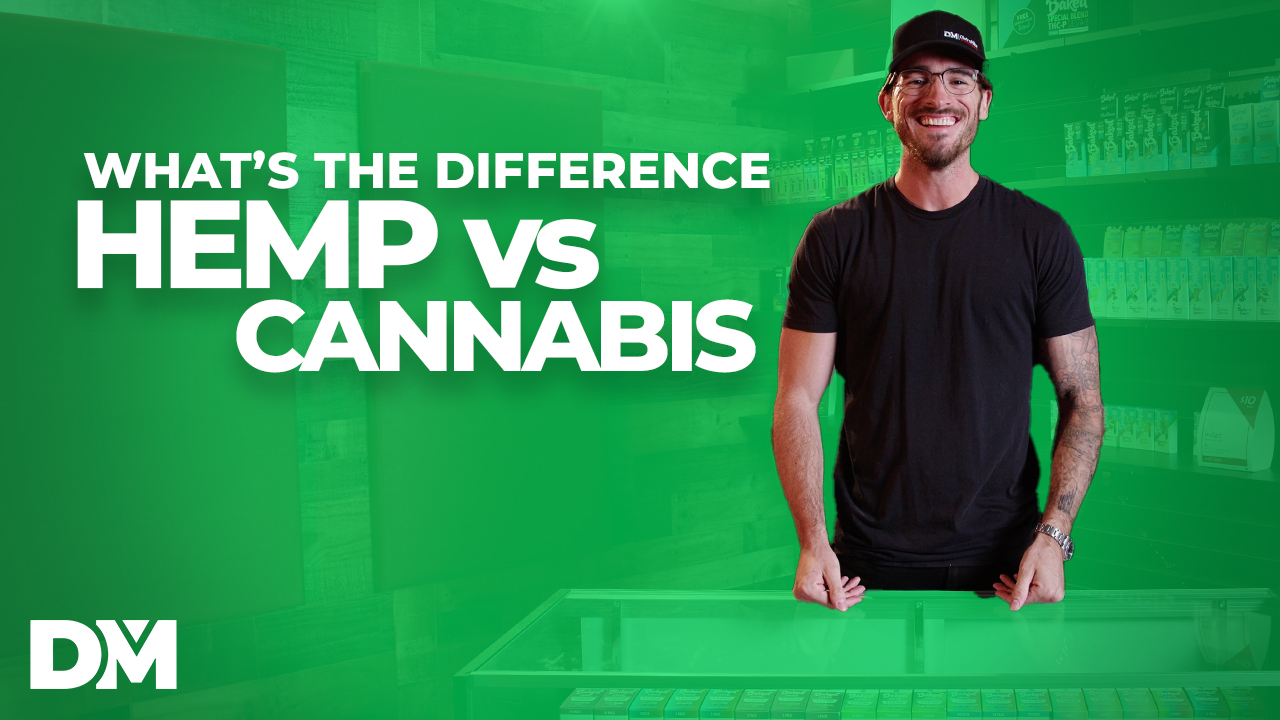Georgia Passes SB 494: New Rules and Regulations for the Hemp Industry

Looking for something specific about our products or cannabinoids in general? We got you covered.
Check out our Brands
The Georgia Senate passed SB 494 titled “Georgia Hemp Farming Act” in order to further regulate hemp products within the state of Georgia. In this article we will review the key points and rules set in place with the passing of this bill.
Senate Bill 494 significantly expands the regulatory framework for hemp production in Georgia, introducing new licensing categories, adjusting fees, and setting strict penalties for non-compliance. It aims to streamline the operational aspects of hemp cultivation and sales while ensuring products meet safety standards through mandatory testing and registration of laboratories. The bill also underscores the importance of compliance with both state and federal regulations.
- Licensing Requirements:
- Hemp Grower License: Required for individuals or entities to handle and cultivate hemp in Georgia.
- Hemp Processor Permit: Necessary for processing hemp; includes converting hemp into marketable forms.
- Retail Consumable Hemp Establishment License: For businesses that prepare or sell prepackaged consumable hemp products directly to consumers.
- Wholesale Consumable Hemp License: For entities selling consumable hemp products in bulk to retail establishments.
- Manufacturer License: Required for businesses that manufacture hemp products in Georgia.
- Registered Laboratory: For labs that test or analyze hemp or hemp products, ensuring compliance and safety.
- Licensing Restrictions:
No license shall be issued to any applicant who has been convicted of a felony related to a state or federally controlled substance within 10 years of the date of the application. This restriction aims to ensure that those involved in the hemp industry have no recent history of significant legal violations related to controlled substances. - Application Process for Licenses:
Each type of license has specific application requirements, generally including:
- General Requirements: Name and business address of the applicant, telephone number, email address, and operational details such as location and ownership structure.
- Specific for Each License:
- Retail and Wholesale Licenses: Details on the location where products will be sold or stored and whether these premises are owned or leased.
- Manufacturer License: Location of the manufacturing facility and operational details.
- Fees: Vary by license type and are determined by the scale of operations or the volume of products handled.
- Fee Structures:
- Hemp Processor Permit Fee: Adjusted to $10,000 annually.
- Retail Consumable Hemp Establishment License: Annual fees range from $250 to $4,000, depending on the scale of operations.
- Wholesale Consumable Hemp License: Annual fees range from $500 to $10,000, based on the volume of products handled.
- Manufacturer License: Annual fee set at $5,000.
- Laboratory Registration Fee: A one-time fee of $250.
Surety Bond Rules
Applicants for a hemp processor permit must provide a surety bond executed by a surety corporation authorized to transact business in Georgia. The bond amount varies depending on the volume of hemp purchased from hemp grower licensees by the permittee in the most recent calendar year:
- Minimum Bond Amount: $300,000
Maximum Bond Amount: $1 million - This bond ensures the faithful accounting for and payment to hemp grower licensees and compliance with the regulatory requirements.
- Penalties and Enforcement:
- Illegal activities without proper licensing can lead to misdemeanors, with a first offense being a simple misdemeanor and subsequent offenses elevated to misdemeanors of a high and aggravated nature.
- Civil penalties of up to $5,000 per violation can be imposed, and each day a violation continues is considered a separate offense.
- Specific restrictions include prohibitions on selling unprocessed hemp flowers or leaves at retail and growing or handling hemp in residential structures.


.png)




